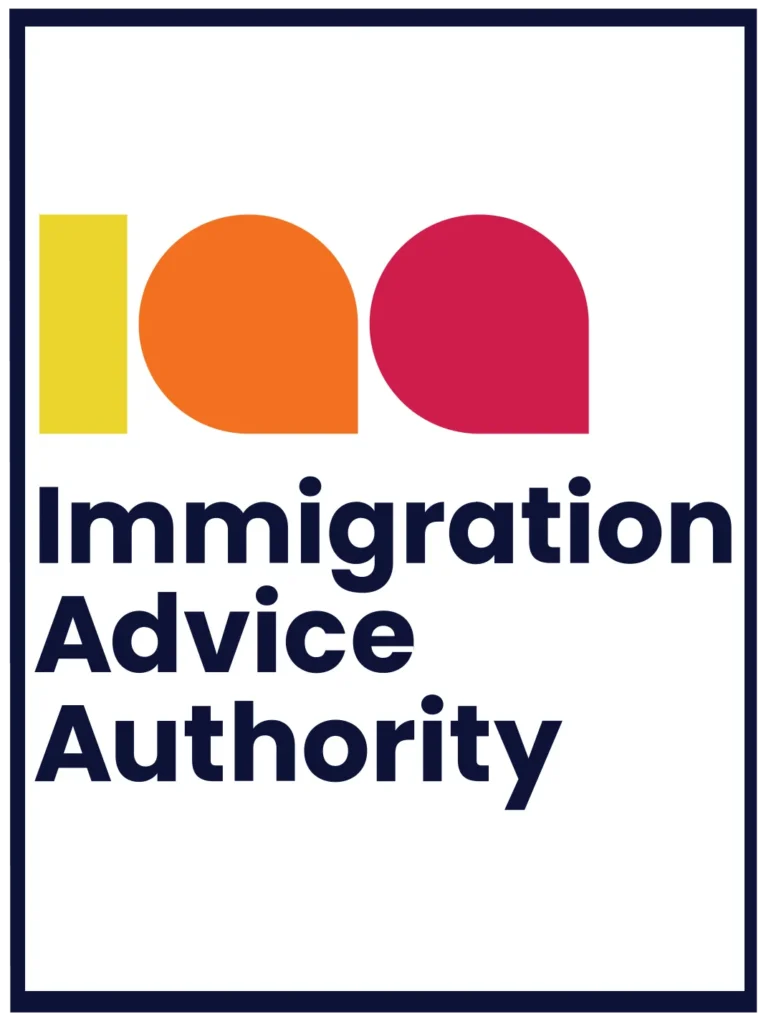The UK has long been an attractive destination for job seekers from around the world. However, to work legally in the UK as a foreign national, you may need a visa that is sponsored by a UK employer. This is where the UK’s Sponsorship License comes into play. Understanding what it is and how it works can significantly improve your chances of securing employment in the UK.

What is a Sponsorship License?
A Sponsorship License is a permit issued by the UK Home Office that allows employers to hire skilled workers from outside the UK. This license is essential for businesses that want to employ non-UK residents under the Skilled Worker visa route. Without this license, UK employers cannot legally sponsor foreign workers for a work visa.
How Does It Work?
For job seekers looking to work in the UK under a sponsored visa, the process generally follows these steps:
Finding a Licensed Sponsor:
Not all UK employers have a Sponsorship License. You will need to find an employer who is registered as a licensed sponsor with the UK Home Office. You can check the official list of licensed sponsors on the UK government’s website.
Securing a Job Offer:
Once you identify a licensed sponsor, you must apply for a job that meets the eligibility criteria for visa sponsorship. The role must be on the list of eligible occupations and meet the salary threshold requirements.
Receiving a Certificate of Sponsorship (CoS):
If the employer offers you a job and agrees to sponsor you, they will issue a Certificate of Sponsorship (CoS). This is a digital document that contains a unique reference number required for your visa application.
Applying for a Skilled Worker Visa:
Using the CoS, you can apply for a Skilled Worker visa. You will need to meet additional criteria such as proving English language proficiency and demonstrating that you have sufficient funds to support yourself in the UK.
Visa Approval and Travel to the UK:
If your visa application is successful, you will receive a visa that allows you to enter and work in the UK for your sponsoring employer.
Key Considerations for Job Seekers
Eligibility Criteria: Ensure that your qualifications and job role align with the UK’s Shortage Occupation List, which may provide an easier pathway to sponsorship.
Employer Readiness: Some employers may not be willing to go through the sponsorship process due to costs and administrative work involved.
Long-Term Prospects: The Skilled Worker visa can lead to settlement (Indefinite Leave to Remain) in the UK after five years of continuous residence and employment.
Conclusion
The UK’s Sponsorship License system plays a crucial role in enabling foreign workers to legally work in the country. If you are a job seeker interested in working in the UK, understanding how the system works and targeting licensed sponsors can improve your chances of securing employment. By researching potential employers, meeting visa eligibility requirements, and preparing a strong job application, you can successfully navigate the process and achieve your goal of working in the UK.


